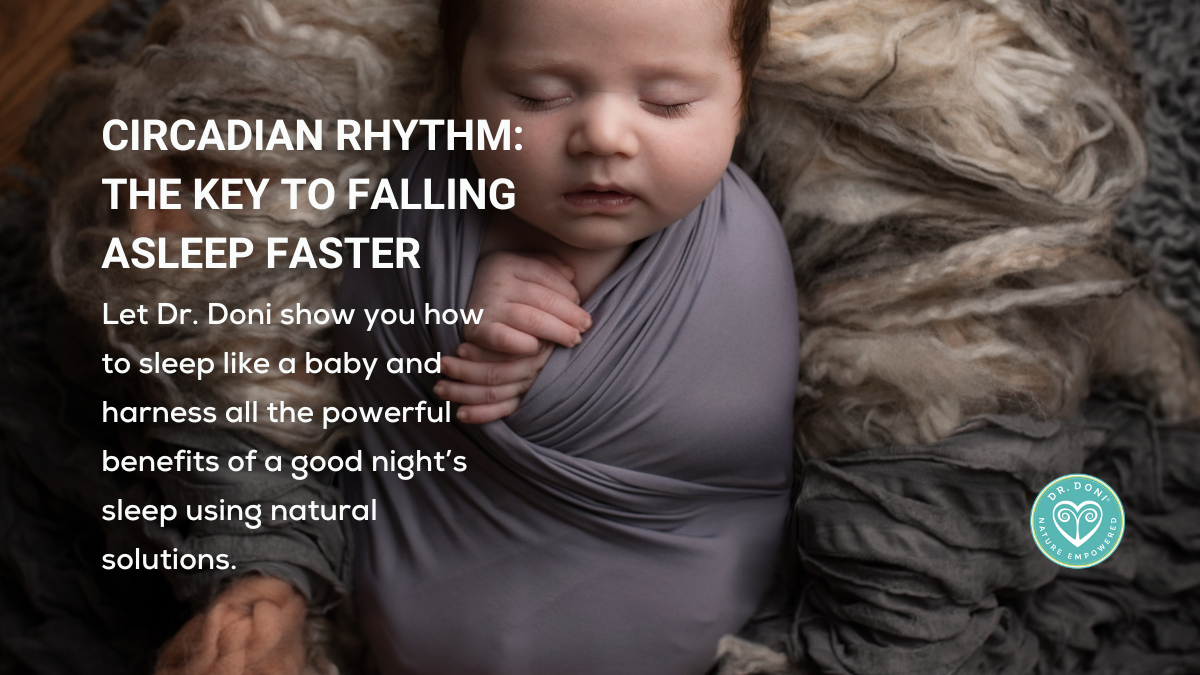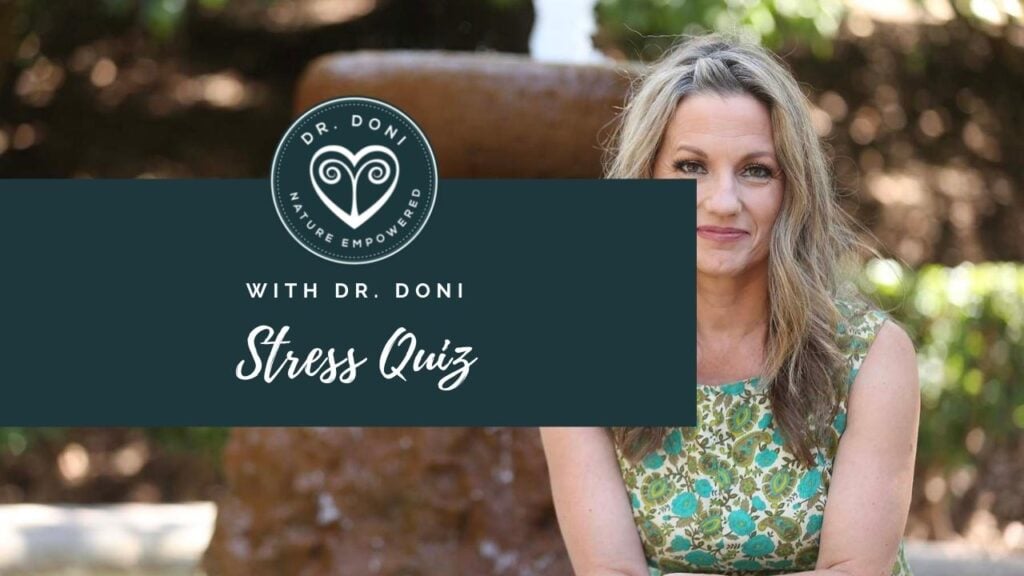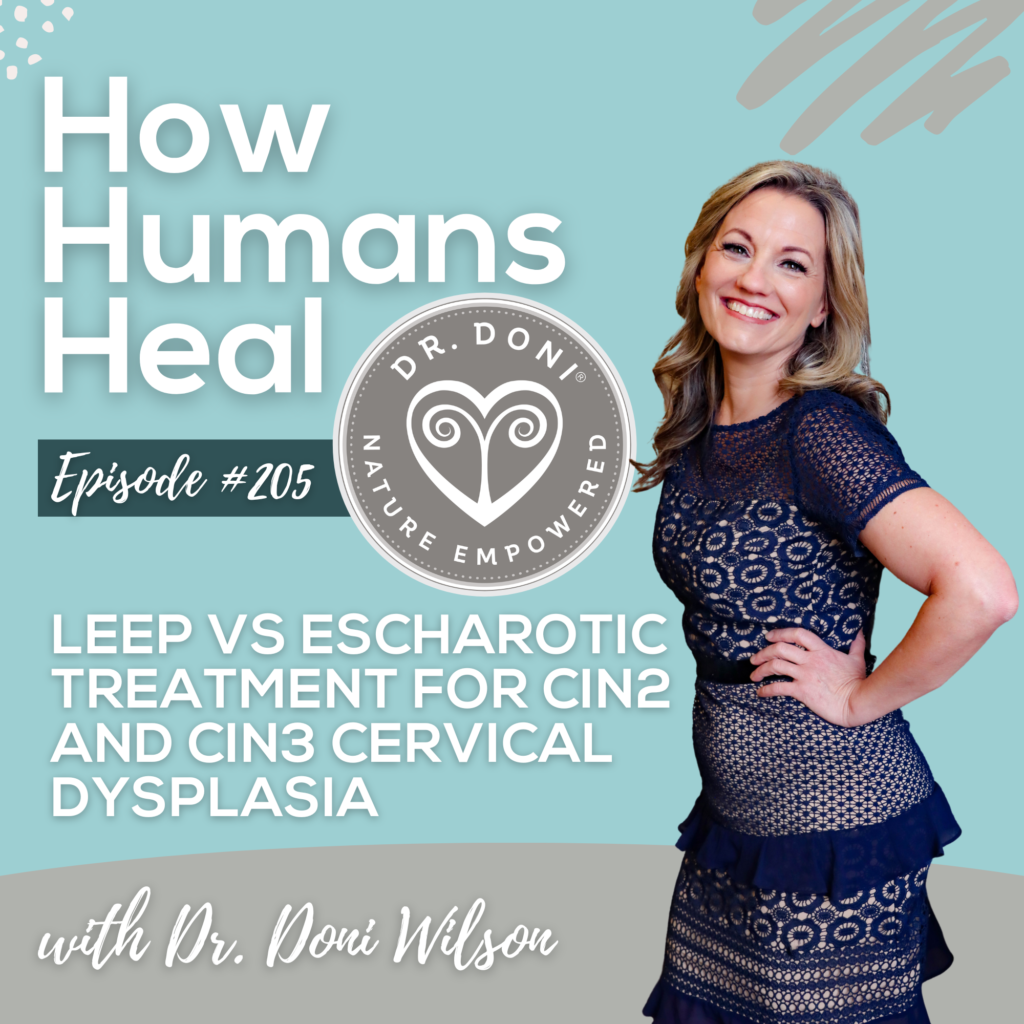

As we speed through life, recovering from the pandemic while hoping for an ounce of normalcy, it can become clear that as much as we hope for a peaceful night of sleep, it may be just out of reach. It may also be that you get sleep, but not until the wee hours of the night and into the next day.
You may be thinking, What’s the big deal? As long as I’m sleeping a few hours, shouldn’t that be enough?
The truth is that we have lost touch with our human need for sleep. And our human need to be in sync with Earth’s rotation. When we are in sync with what is referred to as the circadian rhythm – the physical, mental and behavior processes that respond to light and darkness – we will be in better health.
More specifically – we need to sleep when it’s dark outside. Our bodies, hormones, neurotransmitters, and repair systems are built to do their work while we sleep at night.
Think about it this way. Sleep time is me time. In fact, I believe in the power of adequate sleep so much that I dedicated a complete chapter to it in my new book, Master Your Stress, Reset Your Health.
And yet, according to the Centers for Disease Control and Prevention (CDC), sleep deprivation is designated as a public health epidemic.
If you’re sleep deprived, you’re not alone in your struggles with sleep. More than one third of Americans do not get the recommended seven to nine hours of sleep needed for good physical and mental health.
Sleep issues are associated with higher stress levels and with higher cortisol – your never-ending internal alarm system. Sleep deprivation itself is a stress, delivering a double dose of cortisol and stress. Talk about a hamster wheel of chronic sleeplessness!
For some, it is simply a matter of turning off the lights (exposing ourselves to darkness) and getting to bed at an earlier hour. However, that doesn’t always fix the issue.
Believe it or not, everything from your diet, exercise intensity, hormone fluctuations, inflammation, and neurotransmitter imbalances all influence your ability to sleep well.
All that… and your circadian rhythm.
What Does Circadian Rhythm Have to Do with It?
Our circadian rhythm is determined by cortisol and melatonin, our sleep hormone. In the evening, as it becomes dark outside, cortisol levels naturally decrease, and melatonin levels increase. These hormone changes tell our brain and body that it is time for sleep.
What if we are not exposed to darkness? What if we are so stressed that our cortisol stays high?
Then our brain and bodies don’t get the correct signals to induce sleep. Instead, we keep on going, late into the night, until we finally crash.
When cortisol stays high for too long, it turns off digestive function, leading to undigested food, intestinal permeability, food sensitivities, imbalanced gut bacteria, inflammation… and a greater likelihood of disrupted sleep.
High cortisol and adrenaline (another stress message) also disrupt insulin, causing elevated blood sugar levels, which also throw off sleep patterns. And they cause serotonin and GABA to become depleted.
Serotonin is a calming neurotransmitter and is the precursor to melatonin. Without enough serotonin, the nervous system will be more active, making it harder to sleep, compounded by lower melatonin levels signaling sleep.
GABA is what I refer to as our “buffer” to stress. Without enough of it, stress over-rides and sleep becomes further from our reach.
Did you know that there is a master clock found in your body that controls circadian rhythms? It’s called the suprachiasmatic nucleus (SCN) which is in a part of the brain known as the hypothalamus. The SCN is important because it controls the production of melatonin, a hormone that makes you sleepy.
Recent evidence indicates that abnormalities in the circadian control of melatonin secretion may have an important role in sleep disorders associated with aging, Alzheimer disease, and other degenerative and developmental disorders.
And, because of its antioxidant properties, melatonin may also have potential neuroprotective effects.
The SCN is highly sensitive to light. While other cues, like exercise, social activity, and temperature, can affect the master clock, light is the most important and powerful influence on circadian rhythm.
The good news is that you can reprogram your circadian rhythm. You can also rebalance what became out of balance, due to stress.
Important fact: Your body makes neurotransmitters. They don’t come from pills.
How to Get Your Circadian Rhythm Back on Track
First, I suggest testing your cortisol, adrenaline, and neurotransmitter levels. They can be measured in at-home urine and/or saliva tests (out of pocket test not available in your standard doctor’s office). I offer these tests through my office and in my programs because I feel it is essential information for all humans.
If you are wanting to get a quick sense of whether you are likely to have high cortisol and/or adrenaline at night, you can start by taking my free online quiz: Dr. Doni’s Stress Type Test.
If the results show that you are a “Night Owl” stress type, then it’s quite likely that you have elevated cortisol and/or adrenaline in the evening and/or earlier in the morning.
Next, you need to start giving your body the correct signals – darkness at night! Your body will love a pattern of going to sleep at the same time each night and waking up at the same time in the morning. Your body depends on this clockwork schedule, so you should not allow weekend activities and weekday sleep times to change.
Even if you had a terrible night’s sleep, plan to wake up at the same time. This will help your body reset its circadian rhythm.
Naps are also a good idea… high-five for that! Especially if you need to recover from a lack of sleep. One study shows that cortisol levels reset during a two-hour nap.
Now, here are the top five things you can do to improve your sleep tonight.
- Make certain that you are sleeping in a cool room. Ideally, set the thermostat to 68 degrees Fahrenheit or 16-19 Celsius.
- Stop eating at least three hours before bedtime so that your body can finish digesting your food.
- Dim down the lights and stop all screen time at least one hour before your scheduled bedtime so that your body can begin to release melatonin into your system.
- As soon as the clock strikes noon, stop with taking in caffeinated foods and drinks. Even small amounts of chocolate can affect your ZZZs tonight.
- Create a nighttime ritual. Take a warm shower, stretch lightly for a few minutes, meditate, and then read for about 15 minutes while you sip a cup of chamomile tea. P.S. Kids benefit from a nighttime routine too.
Natural Supplements* To Support Your Circadian Rhythm
One word of caution: Don’t fall for the common trap touted by mainstream practitioners who prescribe medication to patients with sleep problems. Self-medicating yourself with over-the-counter medications, isn’t a long-term solution either.
These meds do nothing to address the root cause of your sleep issues; and taking them too often can result in drug dependency and side effects such as fatigue and memory issues.
Cortisol Reset
Emphasize the signal to turn down the cortisol, just as you turn the dimmer switch to turn the lights. You can do this by taking phosphatidylserine and ashwagandha in the evening and before bed.
Drop Adrenaline
Magnesium, and the threonate form in particular, is known to help our bodies metabolize adrenaline, bringing the levels down.
Support Serotonin and Melatonin
5HTP is the precursor nutrient to serotonin. You can get it in a capsule form and take it in the evening (with food). I highly recommend that you measure your levels first, to confirm that you need this supplement. And if you are taking an SSRI or SNRI, be sure to work directly with me or another practitioner.
Melatonin
While I prefer supporting your body to make melatonin itself, it is available in capsule form. It is particularly helpful for jet lag and to use while you reset your circadian rhythm. You can take 1 to 3 mg of the extended-release form at 9 pm.
GABA (gamma-aminobutyric acid)
GABA is a neurotransmitter that occurs naturally in the brain and is an important inhibiting neurotransmitter that has a calming effect.
L-theanine
L-theanine is an amino acid found primarily in green and black tea and some mushrooms. It supports GABA and serotonin levels. You can order L-theanine here.
You can find many of these ingredients all in one combination supplement called Sleep Support.
* NOTE: Before trying any of the above supplements and other over the counter sleep aids, please learn more about the potential health benefits, as well as any possible risks or complications.
More Sleep Resources
I’m so passionate about helping you sleep that I have created a few resources to support you.
And if you are still struggling to sleep after trying out all the tips in these resources, then it’s time to meet with me one-on-one so I can sit down with you (by phone or Zoom), look at all the puzzle pieces in your case, and figure out what has not been addressed.
Start by setting up a Priority Health Breakthrough Session:

When I meet with you, I’ll likely suggest testing for:
- Food sensitivities and leaky gut
- Cortisol morning, mid-day, evening and bedtime
- Neurotransmitter and adrenaline levels
- and potentially for toxin exposure and bacterial imbalances
To get a sense of what’s involved with working with me one-on-one, here is my Sleep Solutions Program. You don’t need to decide all of it right now. Just set up the first appointment and we’ll go from there based on YOUR situation.

A lot of good stuff happens when we sleep. There is so much restoration occurring in your body while you sleep, and getting in sync with your circadian rhythm can have a big impact on helping your cortisol levels drop. It’s time to give your body the break it needs to get that restful, deep sleep you want!
Sweet dreams, my friends!
—Dr. Doni
16th June 2022
P.S. If you haven’t done it yet, sign up for my Weekly Wellness Wisdom newsletter. That way you’ll by one of the first to get all of my newest insights, articles, and expert interviews delivered straight to your inbox. Plus, when you sign up for my weekly newsletter, you’ll receive a free bonus gift!
Disclaimer: This specific article and all other Content, Products, and Services of this Website are NOT intended as, and must not be understood or construed as, medical care or advice, naturopathic medical care or advice, the practice of medicine, or the practice of counseling care, nor can it be understood or construed as providing any form of medical diagnosis, treatment, cure, or prevention of any disease.
Share this Post:
Dr. Doni Wilson
14 Day Detox Program
Take the Stress Type Quiz
Dr. Doni Social Media
Popular Posts


The 5 Burnout Types

Healing HPV Holistically: Dr. Doni on the Inspire Health by Jen Podcast

Recent Podcasts
Signup to receive our weekly newsletter with all the latest news, podcasts and special offers
New Book - Order Today!

SIMPLE PRACTICES for SHIFTING FROM YOUR STATE of STRESS to YOUR FLOW and FREEDOM
MASTER YOUR STRESS
RESET YOUR HEALTH
Order Now! Related Posts

What is making you susceptible to HPV?
I have been working with women who had abnormal cells on their cervix and/or vaginally, caused by HPV for over 20 years now. And while

The 5 Burnout Types
Did you know there are 5 burnout types? They are based on your Stress Type®, which is how your adrenal function has been affected by

Healing HPV Holistically: Dr. Doni on the Inspire Health by Jen Podcast
Dr. Doni was interviewed by Jen Ciszewski on the Inspire Health by Jen Podcast, talking about how to heal away HPV from your body for good.

Stress and Trauma: The Science Behind It, How It Shows Up and How to Heal: Dr. Doni on The Burn Fat and FEAST Podcast
Dr. Doni was interviewed by Sarah B. Thomas on the Burn Fat and FEAST Podcast, talking about the impact of stress and trauma on our health and what to do to recover from them.















